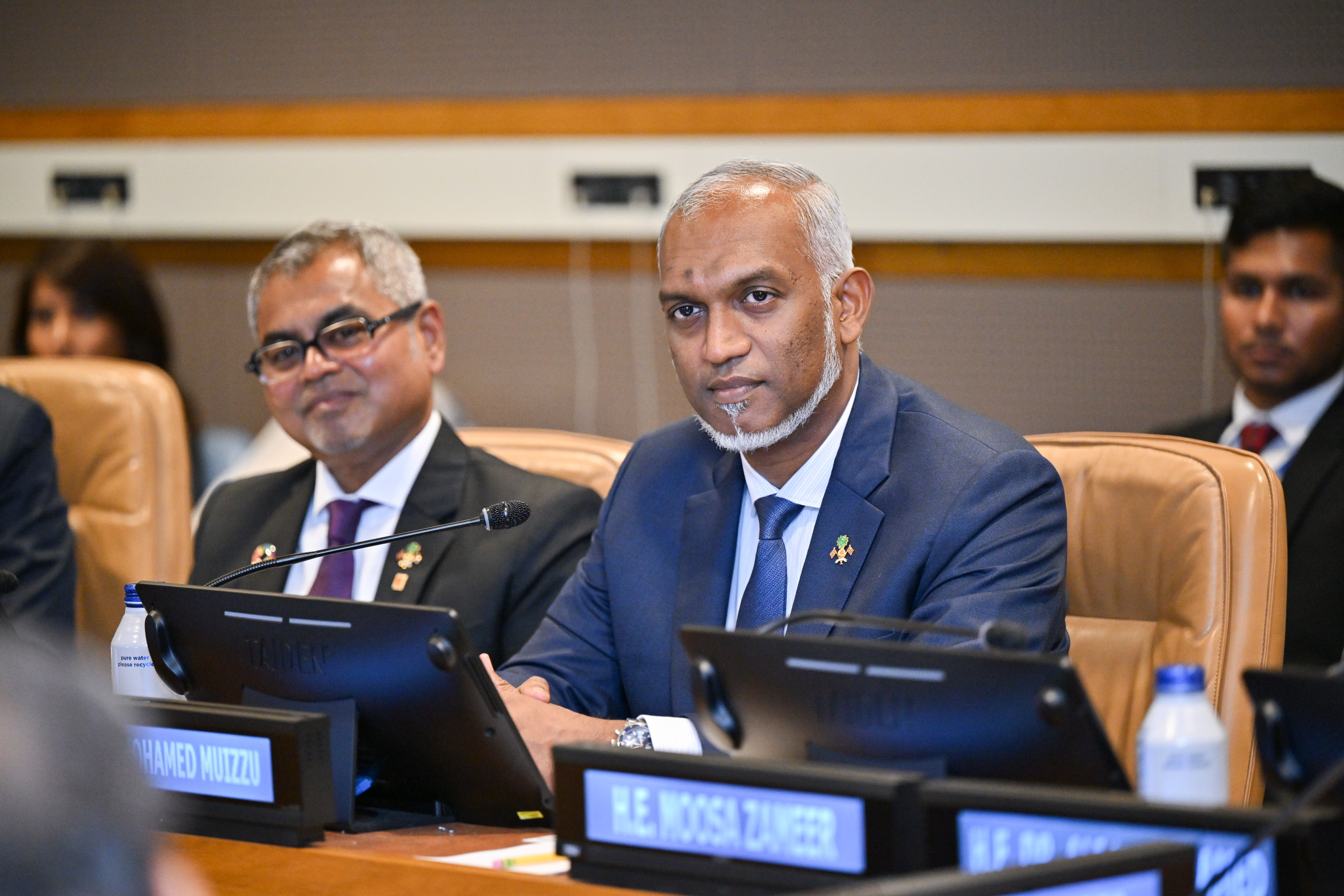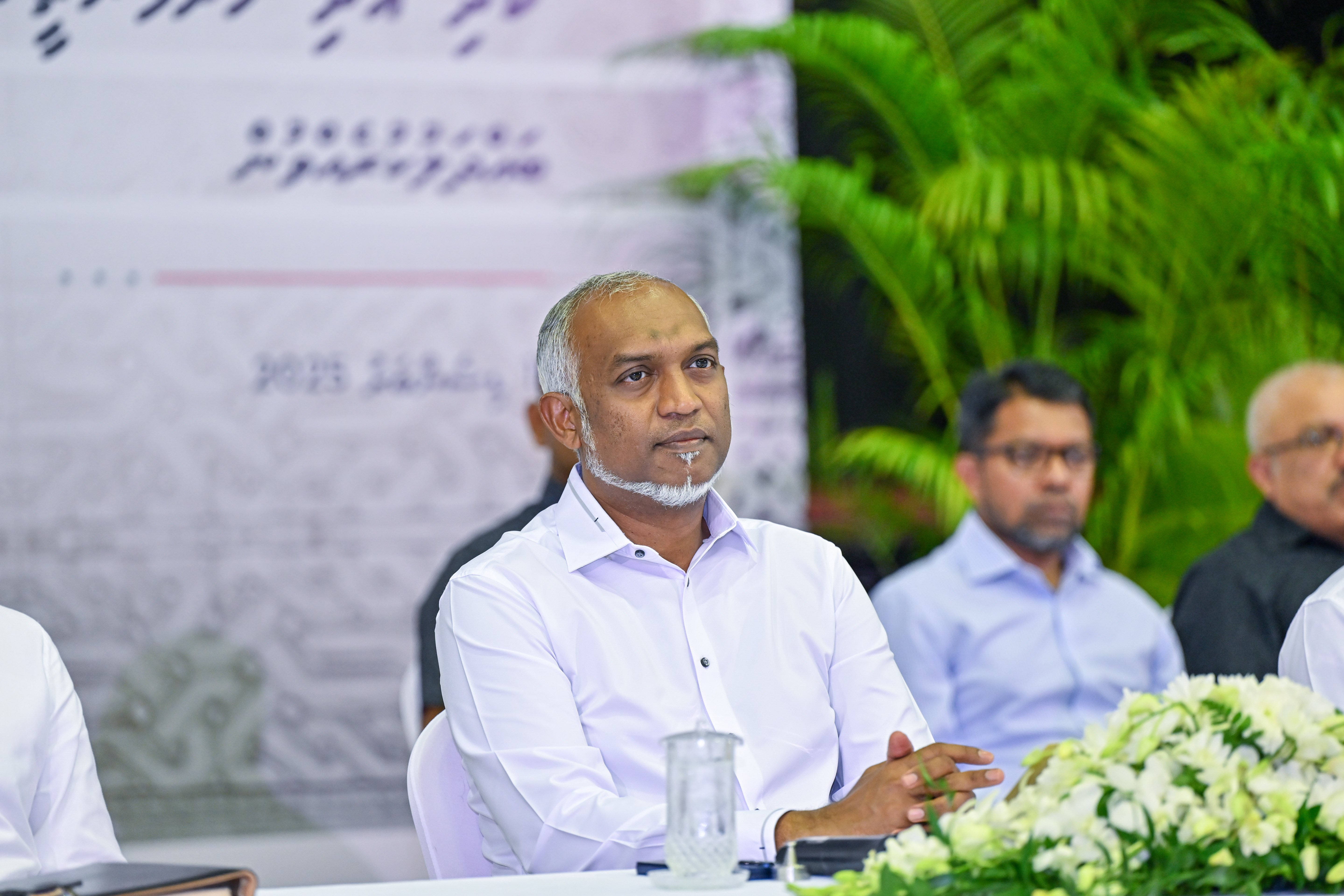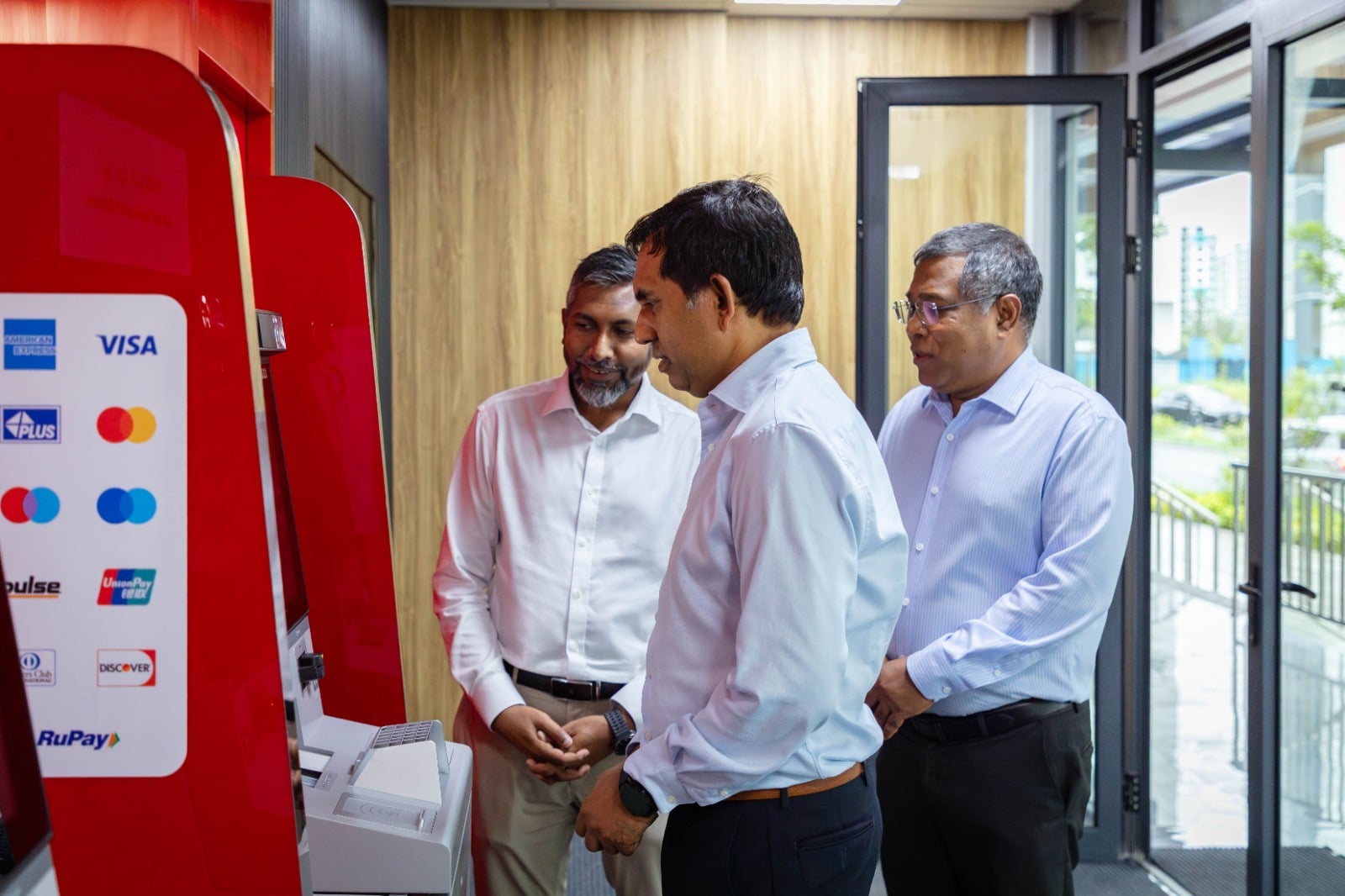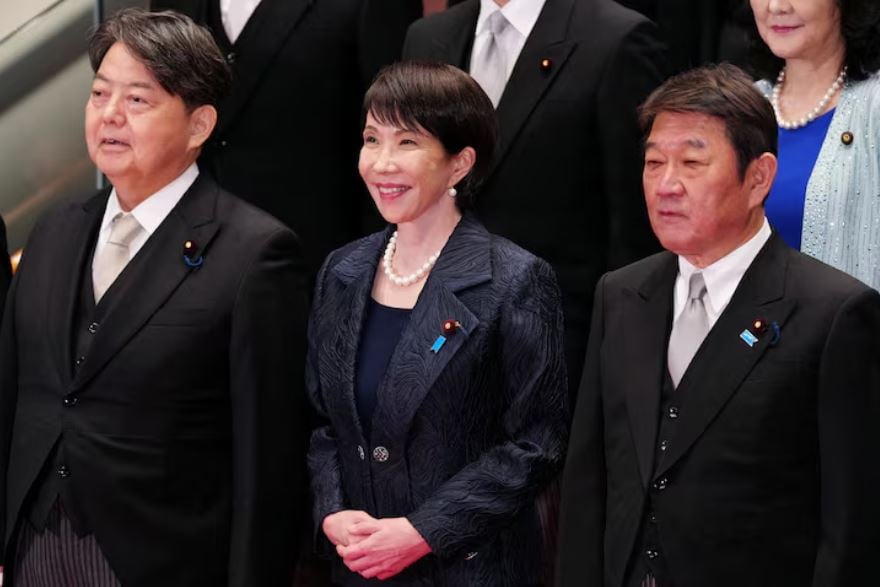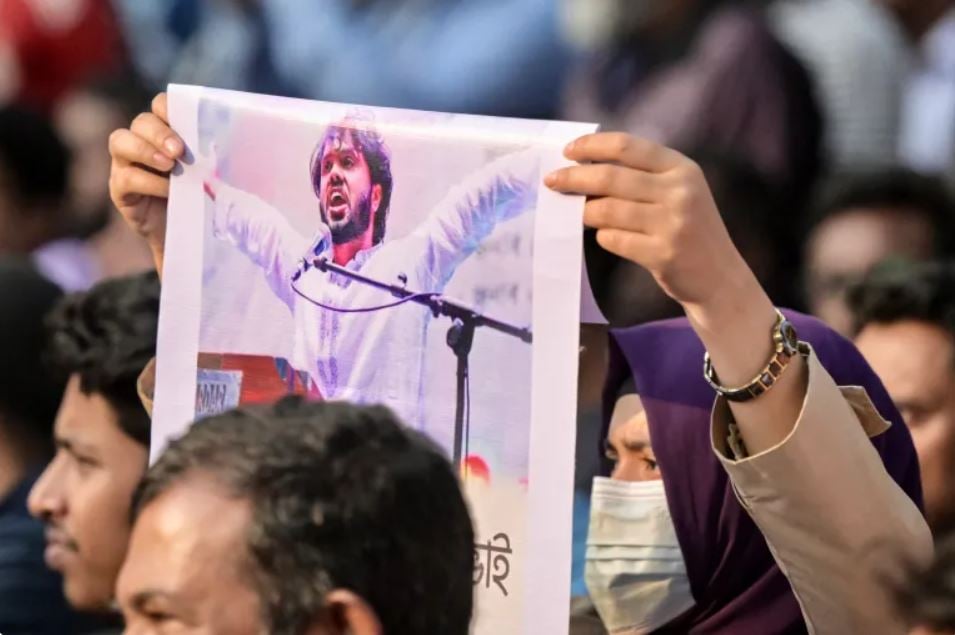President His Excellency Dr. Mohamed Muizzu announced a bold initiative to optimize ocean current energy and explore new renewable energy sources at a Maldives side event focused on climate action.
Speaking during the 79th session of the United Nations General Assembly, President Muizzu invited international investors to capitalize on the growing renewable energy opportunities in the Maldives, emphasizing the profitability of such ventures.
The President outlined the Maldives' progress in renewable energy, noting that since COP28, the country's renewable energy capacity has increased from 53 megawatts to 68 megawatts. He laid out plans for achieving net-zero emissions by 2030, highlighting investments in solar, wind, and other renewable sources while expanding solar installations and reducing reliance on fossil fuels.
To reach these targets, President Muizzu highlighted key projects underway, including the operationalization of a waste-to-energy system in Addu City and the development of a 13-megawatt energy system in Thilafushi. He also announced plans for low-carbon transportation systems powered by renewable energy, further advancing the Maldives' green energy transition.
In addition to these initiatives, President Muizzu called for greater access to affordable climate finance. He stressed the importance of the New Collective Quantified Goal in ensuring timely and accessible funds for mitigation, adaptation, and addressing loss and damage, all while aligning with the global goal of limiting warming to 1.5 degrees Celsius.
In his concluding remarks, President Muizzu emphasized the far-reaching benefits of transitioning to renewable energy, stating that it not only strengthens climate resilience but also bolsters economies and fosters resilient societies. He expressed hope that the Maldives' commitment to renewable energy would inspire other nations to accelerate their own green energy initiatives.
Speaking during the 79th session of the United Nations General Assembly, President Muizzu invited international investors to capitalize on the growing renewable energy opportunities in the Maldives, emphasizing the profitability of such ventures.
The President outlined the Maldives' progress in renewable energy, noting that since COP28, the country's renewable energy capacity has increased from 53 megawatts to 68 megawatts. He laid out plans for achieving net-zero emissions by 2030, highlighting investments in solar, wind, and other renewable sources while expanding solar installations and reducing reliance on fossil fuels.
To reach these targets, President Muizzu highlighted key projects underway, including the operationalization of a waste-to-energy system in Addu City and the development of a 13-megawatt energy system in Thilafushi. He also announced plans for low-carbon transportation systems powered by renewable energy, further advancing the Maldives' green energy transition.
In addition to these initiatives, President Muizzu called for greater access to affordable climate finance. He stressed the importance of the New Collective Quantified Goal in ensuring timely and accessible funds for mitigation, adaptation, and addressing loss and damage, all while aligning with the global goal of limiting warming to 1.5 degrees Celsius.
In his concluding remarks, President Muizzu emphasized the far-reaching benefits of transitioning to renewable energy, stating that it not only strengthens climate resilience but also bolsters economies and fosters resilient societies. He expressed hope that the Maldives' commitment to renewable energy would inspire other nations to accelerate their own green energy initiatives.





